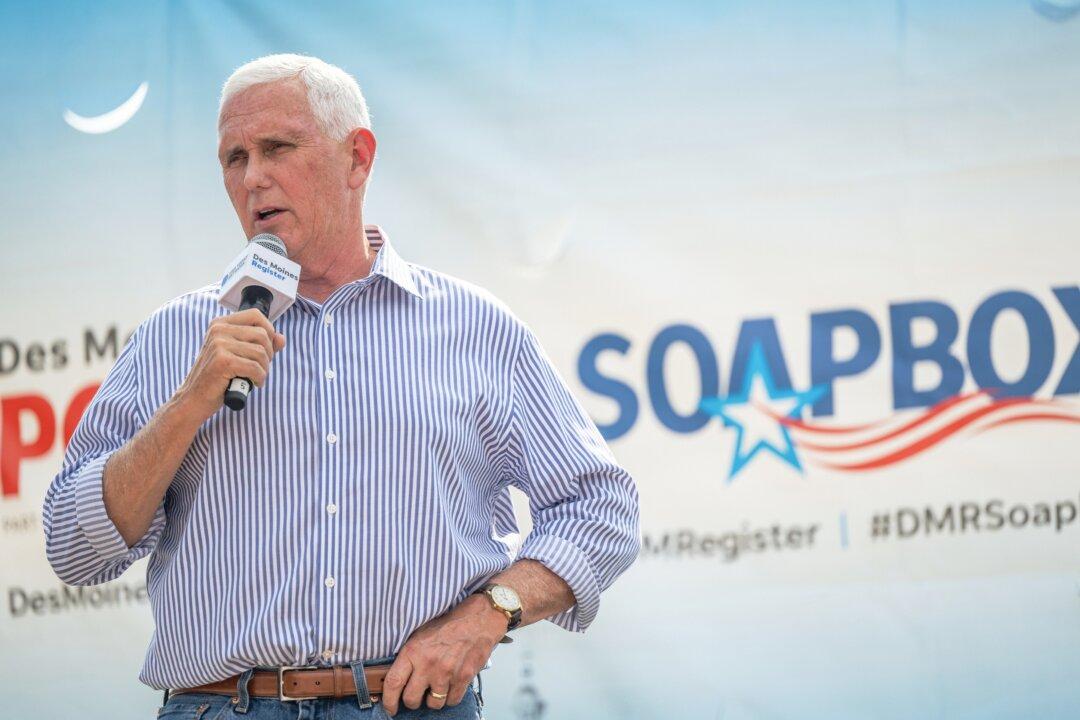Former Vice President Mike Pence faces a Herculean task.
Winning a major party’s nomination for president is a complex and arduous feat, even for former vice presidents. Despite having held national office and enjoying almost universal name recognition, only six former vice presidents have been elected to the top job directly, without having first gained the office through the death or resignation of the president.





